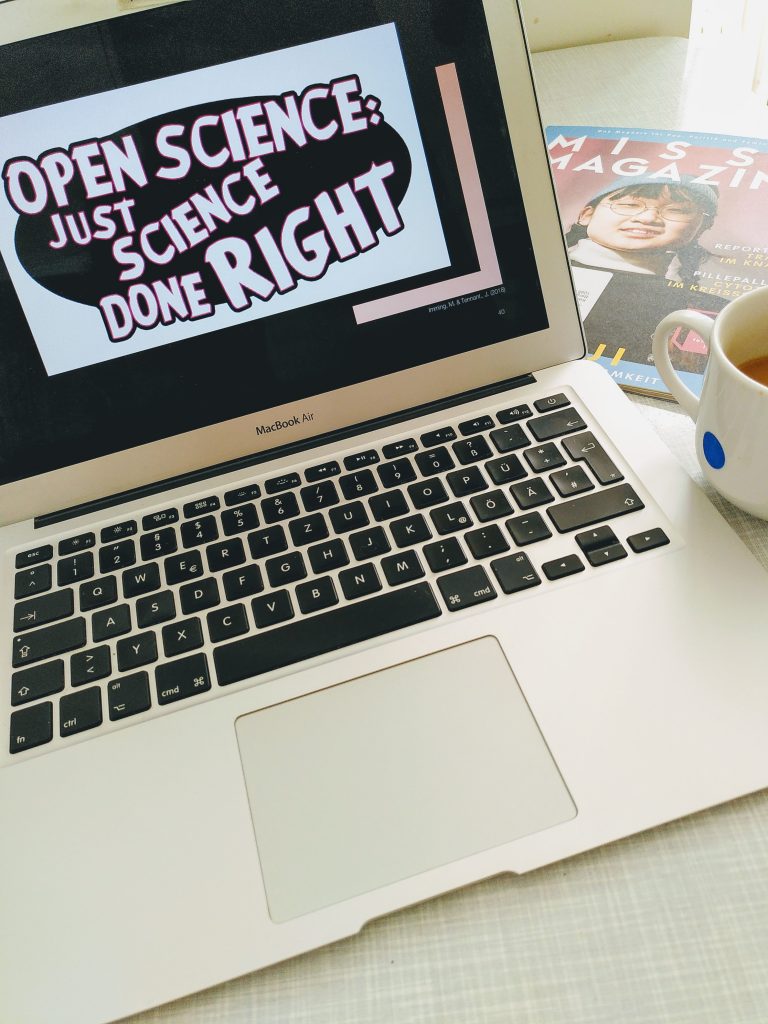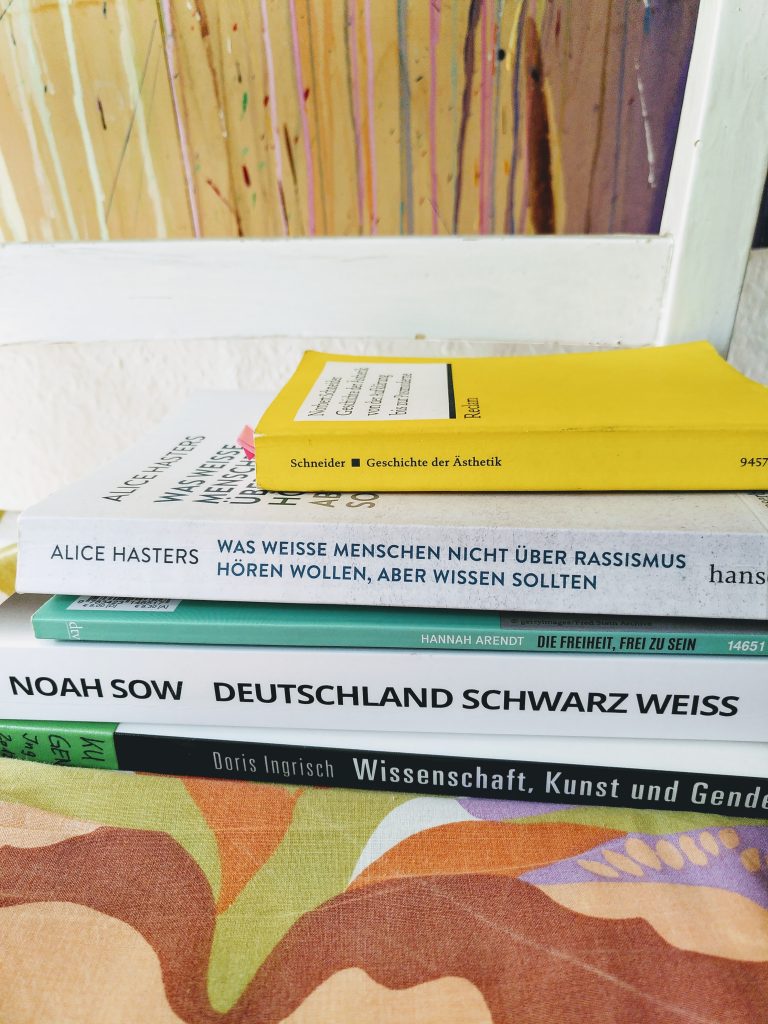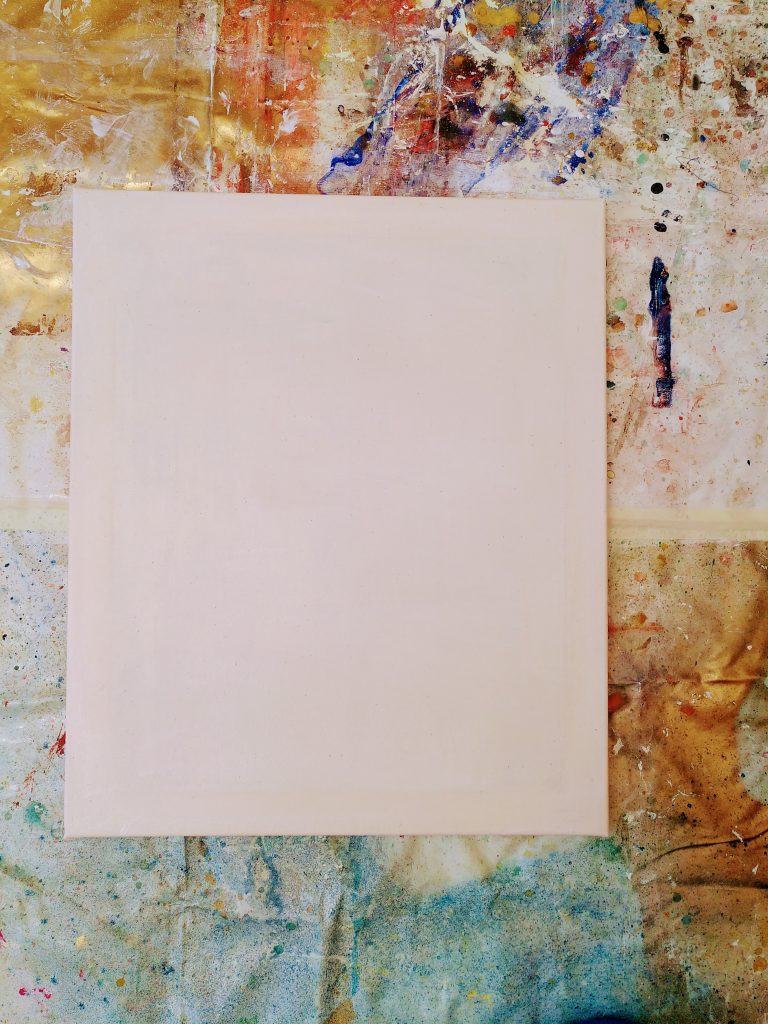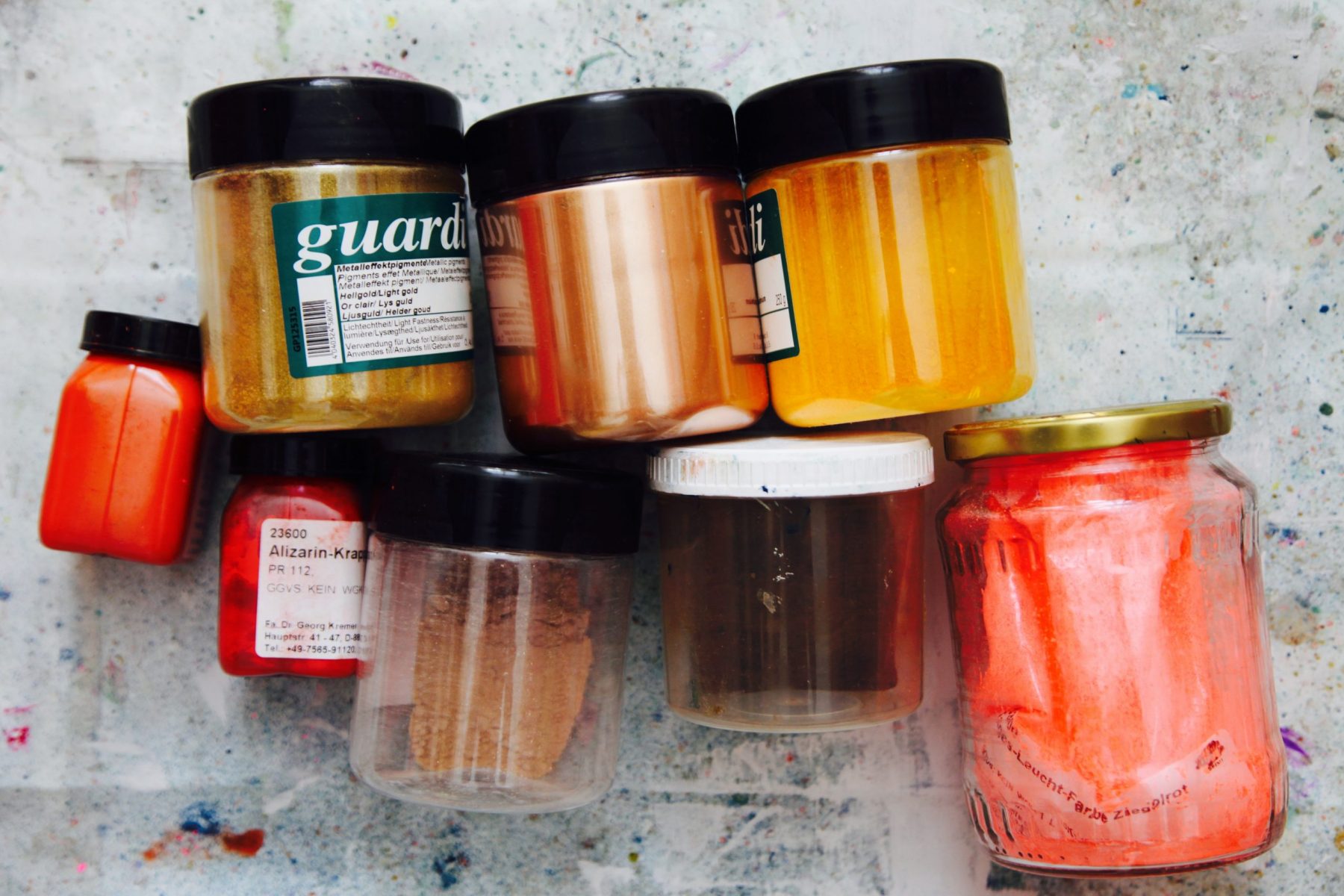Here you will find a selection of my topics for lectures, workshops and courses – digital or analog, German or English, with a focus on theory or hands-on. If you want to book me as a speaker, please write me.
open science: free, transparent and fair
What if scientists could make all of their thoughts, results, conclusions and data independent of their reputation and accessible to everyone? Open science deals with this question. On the one hand, this includes product-oriented aspects such as open data, open source, open methology, open peer review, open access and open educational resources. On the other hand, it also includes science communication.
Availability and transparency strengthen the exchange between researchers and lead to more interaction between science and society. This makes research critically debatable and therefore more objective. This is more important than ever, especially in times like this, when populist voices are getting louder and scientific knowledge is questioned.
The format provides an introduction to open science and shows by example, what implementation options there are for research and how students, researchers and practitioners can benefit from it. The focus here can be on psychology / social sciences and/or Creative Arts Therapies.

feminist perspectives in research and art
The course focuses on current feminist discourses. The conceptual basis is an intersectional
The course focuses on current feminist discourses. The conceptual basis is an intersectional concept of feminism, which pursues the equality of all groups marginalized on the basis of gender, ethnicity, sexual identity, sexual preference and/or (dis)ability.
Various source materials serve as impulses, including articles, scientific studies, works by artists and the participants’ own and observed experiences of discrimination, disadvantage, stereotyping, reduction and/or exclusion.
In a combination of empirical and artistic research, theories and empirical evidence are linked to artistic ways of dealing with them. The aim of the event is an insight into feminist topics in art and science, the further development of discourse and lines of argumentation and the transfer of these to your own artistic and scientific position.

measuring pictorial expression? art therapy and quantitative research
One fundamental assumption of art therapy ist, that the artwork is connected to its creator. But so far, pictorial expression and its correlation with other constructs (e.g. personality, clinical diagnoses, resources, conflicts) has hardly been examined quantitatively.
The course is dedicated to this topic as part of an exemplary empirical research process. Particular attention is paid to the rating instrument for two-dimensional visual works (RizbA), a quantitative questionnaire for the analysis of pictorial expression in the sense of a formal image analysis.
The participants carry out their own practical research process in working groups under scientific guidance. This ranges from the formulation of research questions and hypotheses to scientific literature, the use of questionnaires, the collection of quantitative data and images, and their statistical analysis. The event also teaches concepts of open science.

new image analysis: the rating instrument for two-dimensional pictorial works (RizbA) in documentation und research
Quantitative research in art therapy is new territory and essential at the same time, when it comes to scientific and social recognition of the discipline. In addition to an insight into the current state of art in research, the workshop step-by-step and practically explains methodology. The concrete application example shows how genuine art therapy research can look like.
As a quantitative questionnaire for image analysis, the newly developed rating instrument for two-dimensional pictorial works (RizbA) is introduced, tested and evaluated. To this end, a mini-study is being designed together, to which the participants are invited to bring their own artistic work from their art therapy practice and to use it as the starting material. The diverse application possibilities of the instrument, with regard to objective documentation practice as well as possible study designs, are discussed. The questionnaire is freely available in terms of Open Science and can then be used further.
The workshop is aimed at art therapists interested in research who want to expand their documentation techniques or want to implement studies.

further topics
- Developmental deviations in childhood and adolescence
- Documentation and evaluation of art therapy or Creative Arts Therapies practice
- Therapeutic conversation and intervention: dealing with difficult situations and de-escalation
- Art therapy with traumatized and neurodiverse children and adolescents
- Scientific work
- Philosophy of science and empirical research methods in social sciences and Creative Arts Therapies
- Artistic methods in social work/ pedagogy/ childhood education
- Process-oriented art therapy
- Art therapy projects
- etc.
